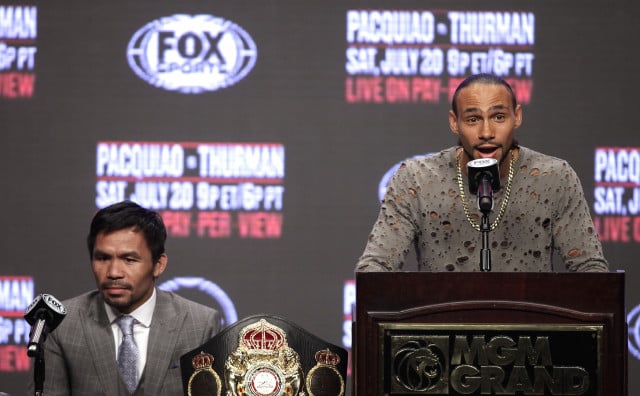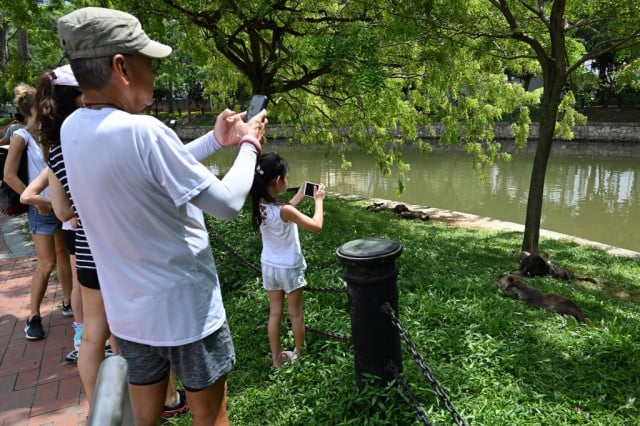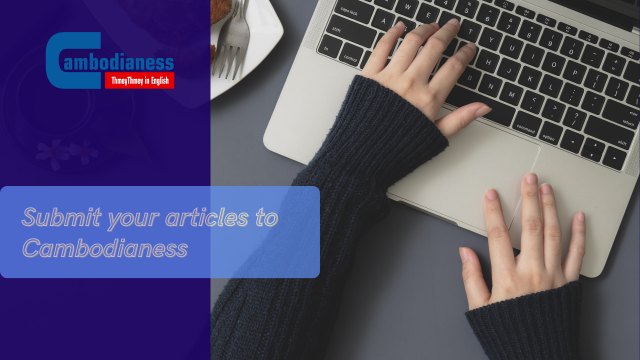Prosecution Attempts to Coerce Confession from Kem Sokha in Exchange for Expedited Trial

- By Mao Sopha
- and Phoung Vantha
- January 25, 2022 4:20 PM
After the former opposition leader’s legal team requested the court spend more than one half-day session per week, the prosecution urged Kem Sokha to confess if he wanted a swift trial
PHNOM PENH--The trial of former opposition leader Kem Sokha continued on Jan. 25 with the prosecution reportedly telling Sokha’s legal team that if they wanted the case to be dealt with swiftly, then Sokha should simply plead guilty to the charges of attempting to overthrow the government.
This came after the more of the prosecution’s primary piece of evidence—video footage of Sokha delivering a speech in Australia from 2013—was shown in court today. The controversial video footage initially appeared in clips that had been cut down and shared on Facebook by an anonymous account prior to Sokha’s arrest in 2017 and then picked up by the prosecution.
The defense has maintained that, when viewed in full, the video is not incriminating, but until the most recent resumption of Sokha’s trial on Jan. 19, the court had not been shown the video beyond short edited clips. According to the defense team, today’s hearing mostly saw the video replayed again before announcing that the trial would continue next week on Feb. 2, 2022.
When the lawyers co-representing Sokha asked for the court to speed up the proceedings by increasing the number of days per week to hear Sokha’s case, the prosecution said that a confession of guilt would expedite the trial.
Defence lawyer Ang Udom said if his client confessed to being guilty without committing any crime, it would be “absolutely false justice for our client, fake justice which cannot be accepted.”
Udom went on to say that Sokha had no guilt to confess to.
Meng Sopheary, another defense lawyer, said attempts to persuade Sokha to confess are in violation both national laws and international human rights treaties to which Cambodia is a party, adding that accelerating the pace of the trial does not mean the prosecution can coerce the defendant into confessing.
According to Sokha’s lawyers, the court should hold hearings every day, Monday to Friday, and their client’s time, resources and freedom is being wasted by the what has been widely perceived as the deliberately slow pace of the trial.
“As we see that just one time a week, we can have a trial. Is this an intention to delay processing?” Chan Chen, one of Sokha’s lawyers said.
The court has agreed to only one half-day session in court per week, in accordance with the wishes of the prosecution and despite the calls from Sokha’s legal team to direct more of the court’s resources to such a high-profile case featuring such serious allegations.
Both hearings during January 2022 have resulted in very little progress towards a resolution for Sokha whose former leadership of the Cambodia National Rescue Party (CNRP)—widely regarded as the only viable opposition party—led to promising results in the 2017 commune elections. Sokha was then accused of attempting to overthrow the government with foreign funding and the CNRP was dissolved by the Supreme Court, leaving Prime Minister Hun Sen’s long-ruling Cambodian People’s Party to win all 125 seats in the National Assembly the following year.















